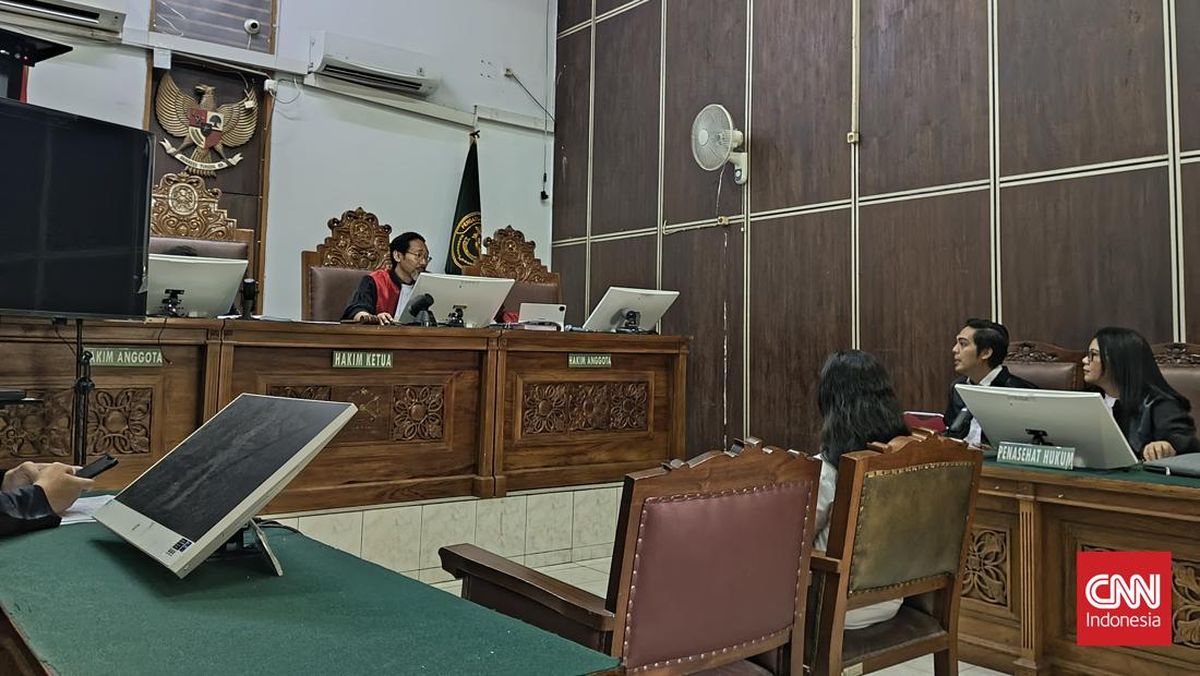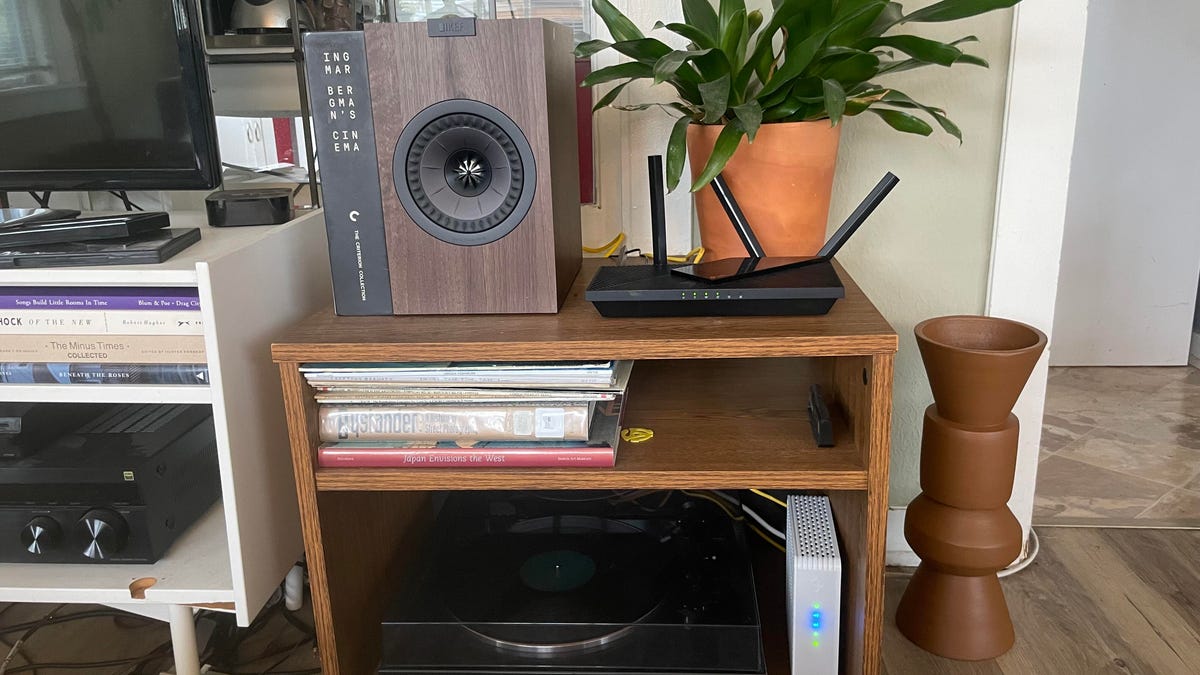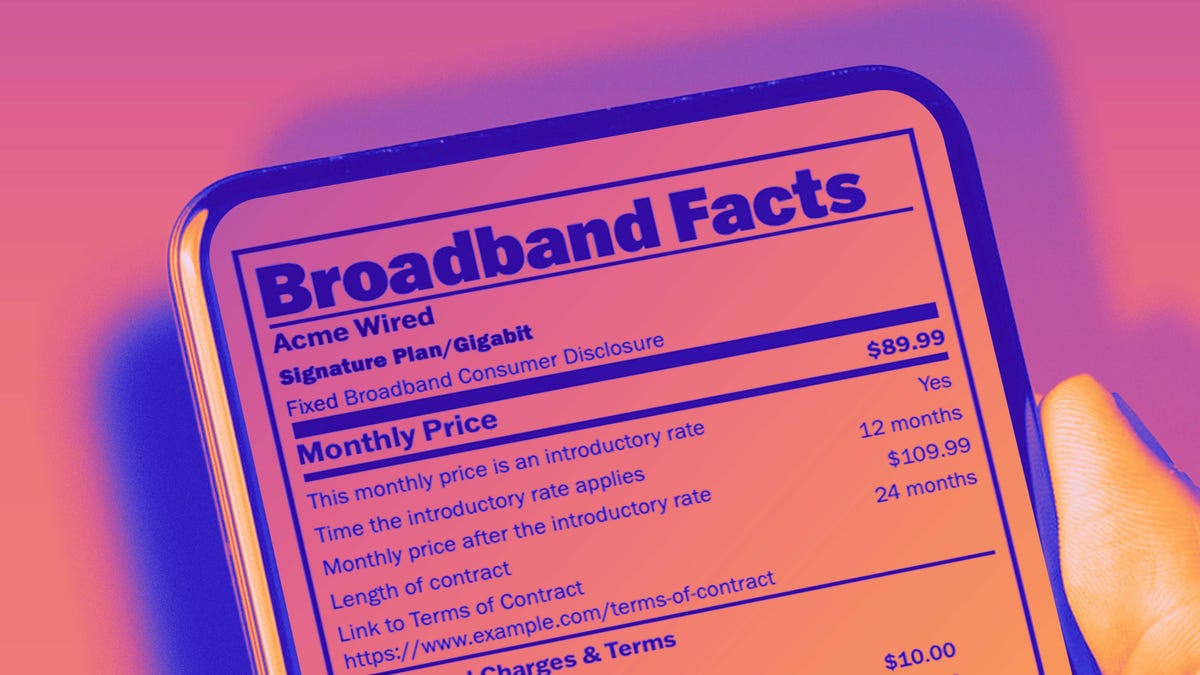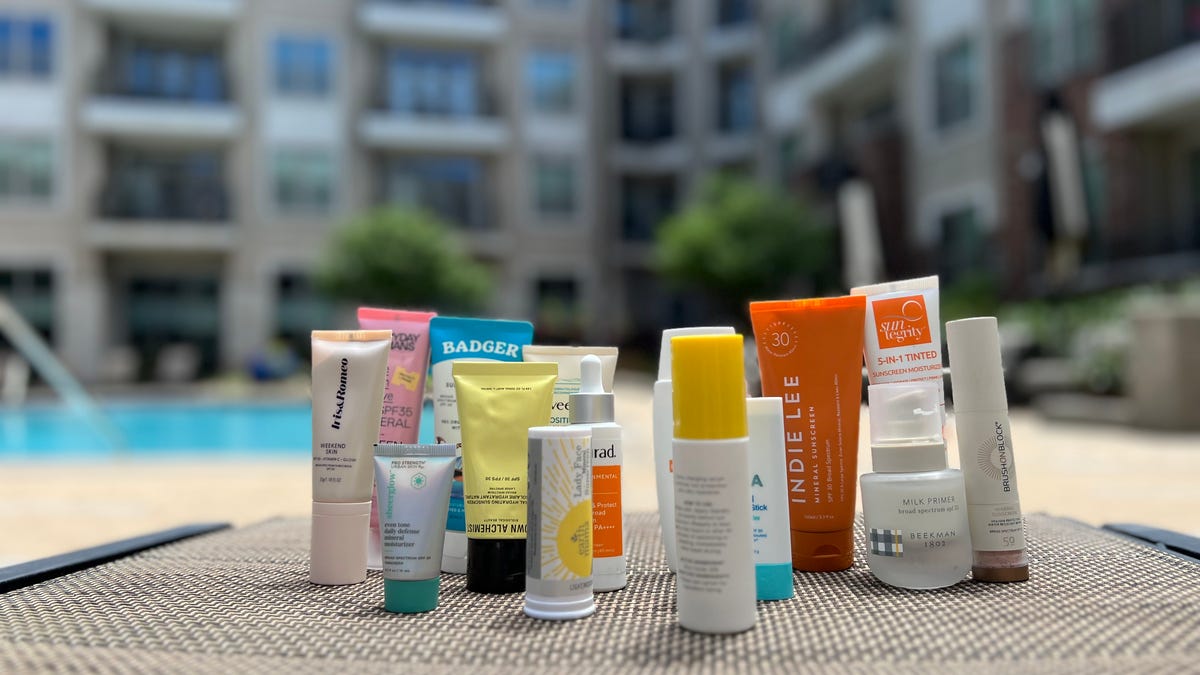Wearables have mastered tracking how we move, breathe and sleep with near-clinical precision. But they still fall short on one of the most important pieces of the health puzzle: diet. Beyond calorie-tracking apps or invasive lab tests, our nutrition has lived mainly outside the smartwatch ecosystem.
Samsung is aiming to change that with the new Antioxidant Index on its new Galaxy Watch 8, Classic, and Ultra. The feature uses an advanced biosensor to measure carotenoids, the natural antioxidants found in fruits and vegetables, directly through the skin (no food diary needed). Samsung believes that this new metric could help unlock a deeper understanding of how lifestyle and diet influence overall health, longevity, and the aging process.
"If we can have a larger proportion of the population just consuming one more serving of fruits and vegetables a day, we're going to see substantial decreases in these chronic conditions over time." says Marcela Radtke, Ph.D., a postdoctoral scholar in epidemiology at Stanford University.
As wearables from Apple, Fitbit and Oura compete to be your one-stop health and wellness hub, with features ranging from advanced vitals tracking to AI health coaches, Samsung is taking a different approach. By honing in on nutrition -- the one health metric that remains largely unconquered -- and combining it with other markers like Vascular Load and sleep guidance, Samsung's approach could provide a competitive edge and deliver a more complete picture of overall wellness.
Don't miss any of our unbiased tech content and lab-based reviews. Add CNET as a preferred Google source.
The Galaxy Watch 8 has a new BioActive sensor that unlocks advanced health metrics like vascular load, and antioxidant levels.
Joseph Maldonado/CNETWhy should you care about antioxidants?
Antioxidants play a crucial role in maintaining the body's internal balance. According to the National Institutes of Health, these compounds help remove harmful free radicals, unstable oxygen molecules that form naturally but can multiply due to factors such as a poor diet, alcohol consumption, smoking, stress and even environmental pollution. When free radicals accumulate, they cause oxidative stress, a process that damages cells and can contribute to chronic illnesses, including cancer, heart disease and premature aging.
"Antioxidants neutralize [free radicals] before they cause harm," says Ock K. Chun, professor at the University of Connecticut's Department of Nutritional Sciences. "By increasing antioxidants in the body, you can fend off these diseases, increase longevity as well as quality of life."
While antioxidants come in many forms, including vitamins C and E, Chun explains that carotenoids -- particularly beta-carotene, the compound measured by the Galaxy Watch -- are among the most reliable indicators of fruit and vegetable intake and the only antioxidants currently measurable through the skin. Beta-carotenoids are commonly found in colorful fruits, grains, oils and vegetables such as carrots and leafy greens, according to the NIH.
According to Radtke, weight is one of the most commonly used indicators for diet in a clinical setting, but it isn't always synonymous with health. Antioxidants can offer a more reliable reflection of nutrition, though measuring them typically requires a blood test -- a procedure that isn't often used for preventive purposes and usually requires a doctor's order once something is already a concern. While antioxidant levels appear faster in the blood, Radtke notes that "carotenoids in the skin are pretty tightly correlated with carotenoids in the blood."
The only noninvasive alternative currently on the market is the Veggie Meter. Launched in 2018, it's a standalone device that uses a similar method to the Galaxy Watch to detect skin carotenoid concentrations on the fingertip. But even that hasn't seen widespread adoption in clinical settings.
The new Galaxy watches use different colored LEDs to detect carotenoids (antioxidants in the skin).
SamsungHow the Galaxy Watch gets it done
The company first announced its Antioxidant Index earlier this year alongside the Galaxy Watch 8 and Galaxy Watch 8 Classic. While most modern wearables rely on infrared PPG (photoplethysmography) sensors to track heart rate, blood oxygen (SpO₂) and other metrics from the wrist, the new watches (including the 2024's Galaxy Watch Ultra) have advanced BioActive Sensors with yellow, blue, violet, and infrared LEDs that can reflect the antioxidants that accumulate in the skin. But not just any part of the skin -- the sensor only works when it's off the wrist.
According to Dr. Jinyoung Park, principal engineer on Samsung's Digital Health Team, the fingertip -- particularly the thumb -- is ideal for carotenoid measurement due to its thicker outer layer and reduced melanin interference (lower skin pigmentation). "By pressing hard on the sensor with the thumb for 5 seconds, the blood is cleared out so noise is minimized and produces [a] better read," says Park.
After those 5 seconds, the watch analyzes how the skin absorbs and reflects the different light wavelengths to estimate carotenoid concentration.
The Antioxidant Index on the Galaxy Watch 8 shows an adequate level of carotenoids.
Joseph Maldonado/CNETThe results appear as a score from 0 to 100, ranging from Very Low to Adequate, both on the watch and charted over time in the Samsung Health app. The score references the World Health Organization's daily recommendation of at least 400 grams of fruits and vegetables, and the app also offers general suggestions to help improve diet quality.
Just don't expect to see instant results from the one green smoothie you chugged for lunch. "Blood levels change faster, while skin levels respond more gradually and persist longer," says Chun. That means it can take about a week or longer for the Antioxidant Index to reflect shifts in diet or lifestyle. She recommends daily readings to track progress over time, with the caveat that visible improvements may lag behind behavioral changes.
Still, readings can vary based on several personal factors. Radtke notes that BMI and body composition can influence antioxidant levels, since people with higher BMI tend to use more antioxidant reserves. "Even if two people eat the same diet, someone with a higher BMI might show lower carotenoid levels in the skin simply because their body is using more of those antioxidants," she says.
She adds that skin pigmentation can also affect accuracy, even when using the fingertip method designed to minimize melanin interference. Together, those variables reinforce that the Antioxidant Index is best seen as a baseline indicator, not a clinical measure -- a point both Samsung and nutrition experts agree on.
The Galaxy Watch 8, Galaxy Watch 8 Classic and Galaxy Watch Ultra all have the new BioActive sensor that enables antioxidant tracking.
Joe Maldonado/CNET/PCMagSamsung's vision for a holistic approach to data collection
Samsung says the Antioxidant Index data has been validated in internal clinical trials against blood carotenoid levels, but the feature isn't FDA-cleared or intended for diagnostic use. Instead, the company positions it as a baseline tool; a noninvasive, low-effort way to visualize how lifestyle patterns may be affecting your long-term health.
"There is such an excitement around nutritional monitoring now, and to have something like this, that allows consumers to monitor their own behavior... and how small changes can impact overall health," says Radtke.
It's also worth noting that the feature measures just one aspect of nutrition. Carotenoids represent only part of the antioxidant story, and diet is just one piece of overall wellness. Still, the fact that a smartwatch can quantify this otherwise invisible process hints at how light-based sensors could unlock more data tracking in the future.
Samsung says it's already exploring new applications for its biosensor technology beyond antioxidants that use different light wavelengths to peer beneath the skin's surface. The company's long-term goal is to build a more integrated, continuous view of health, where factors such as stress, sleep, diet and recovery all contribute to a single, personalized ecosystem. Future updates could even bring nutrition coaching and recipe suggestions tailored to people's antioxidant trends.

 4 hours ago
3
4 hours ago
3













































